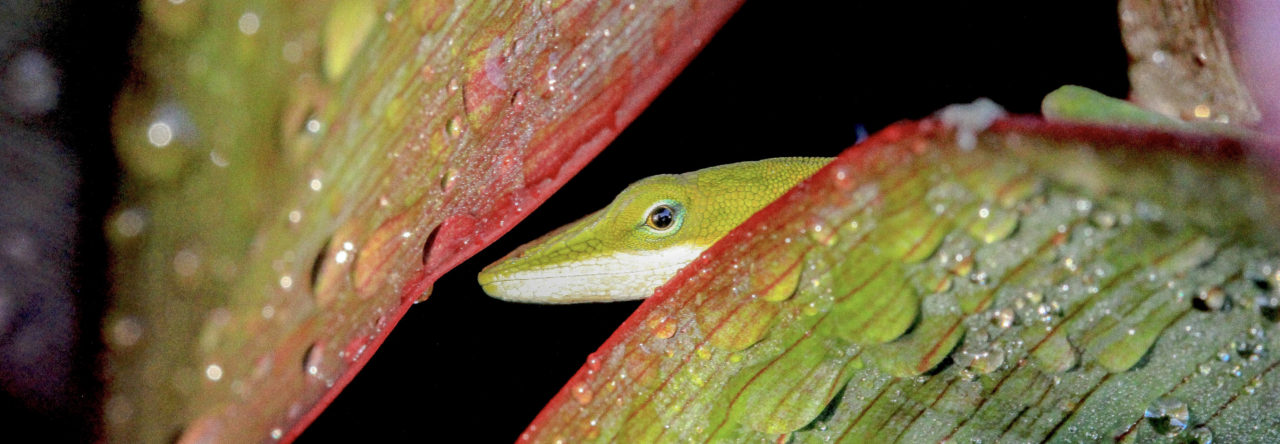Cuba is a fascinating country and the largest island in the Caribbean. Cuba has the highest diversity of Anolis lizards, including more than 60 species (see my Instagram page for photos of Cuban anoles and landscapes). Antonio Cádiz, Luis M. Díaz (National Museum of Natural History of Cuba) and a member of my lab published a paper comparing genetic divergence of Anolis species within Cuba (Cádiz et al. 2018, Zoological Letters, 4:21). The study was conducted when Tony was a PhD student at Tohoku University and lecturer at Havana University.
We constructed a phylogeny using nuclear and mitochondrial genes of 303 individuals from 33 Cuban Anolis species (Fig.2) . The phylogeny presented in this study follows the most comprehensive sampling of Cuban Anolis species to date. We added five species which had not been sequenced previously. We also estimated another phylogeny using mitochondrial genes of 51 Cuban and 47 non-Cuban Anolis species for estimated relative species ages (Fig.S3).
Map of Cuba showing our sampling locations.
Then, we tried to estimate factors affecting interspecific (or interclade) differences in genetic divergence among populations of Cuban Anolis species. We considered species age, environmental heterogeneity within species ranges, and ecomorph type as putative factors. For this purpose, we examined genetic divergence within species by using 177 populations of 26 species.The sampling locations of these species were selected for the best feasible coverage of known geographic ranges of each species. Phylogenetic Generalized Least Squares (PGLS) analyses showed that species age was positively correlated with species’ average genetic divergence among populations.
Previous studies have indicated deep interpopulation genetic divergence found in several Anolis species. Our results showed that relavie differences in genetic divergence was largely affected by species age and geographic distances within species (Fig. 3). This indicates that older species could have more divergent populations within species.
Cádiz, A., N. Nagata, L. Díaz, Y. Suzuki-Ohno, L.Echenique-Díaz, H. Akashi, T. Makino and M. Kawata. (2018) Factors affecting interspecific differences in genetic divergence among populations of Anolis lizards in Cuba. Zoological Letters 4:21 [Open Access] https://doi.org/10.1186/s40851-018-0107-x
- Interspecific Differences in Genetic Divergence among Populations of Anolis Lizards in Cuba - August 17, 2018
- Behavioral and TRPA1 Heat Sensitivities in Three Sympatric Cuban Anolis Lizards - April 1, 2018
- Factors Restricting Range Expansion for the Invasive Green Anole Anolis carolinensis on Okinawa Island, Japan - May 19, 2017





Leave a Reply